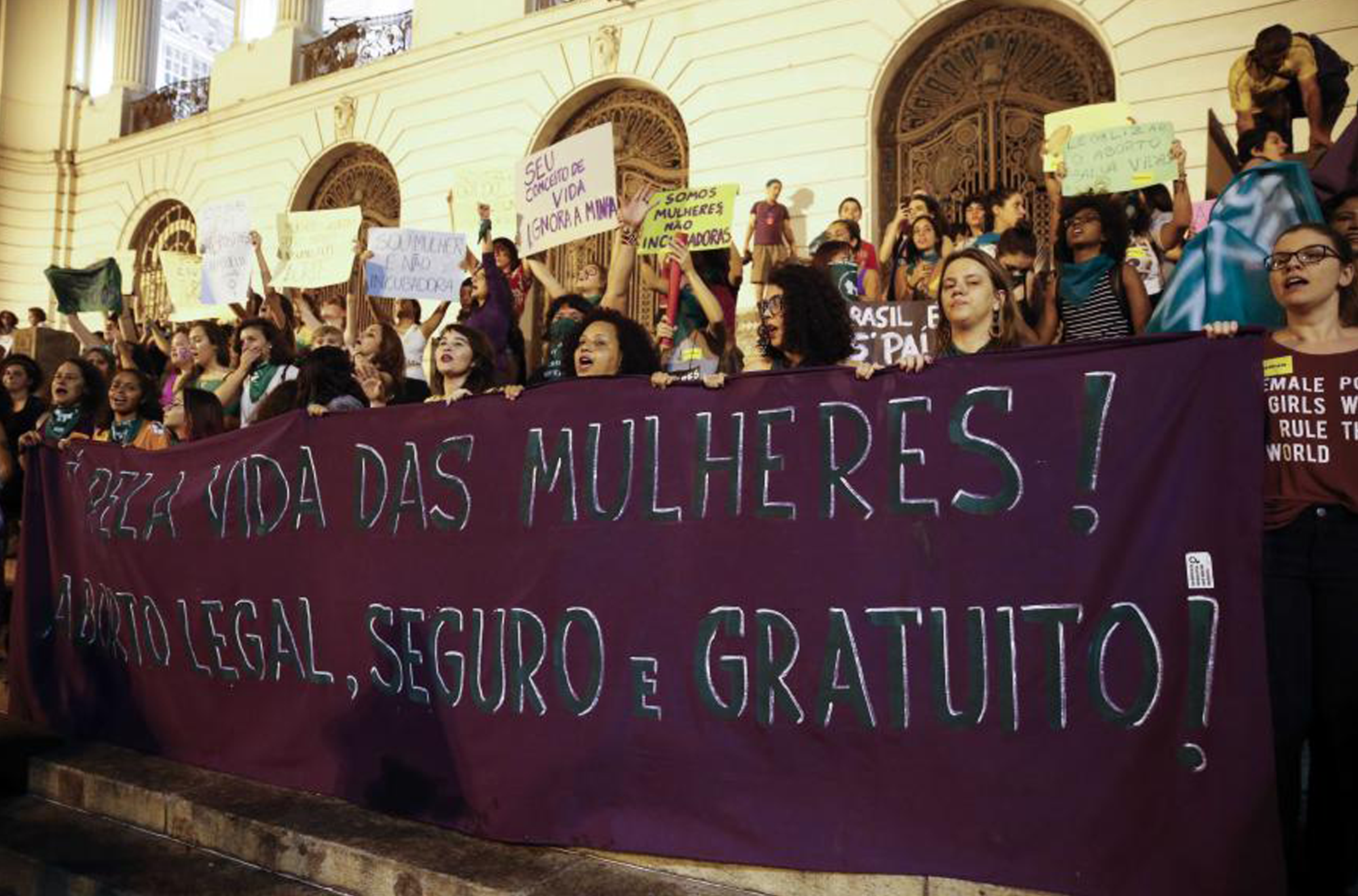
Following the victory in Argentina, there has not been a single echo in the Brazilian Congress, In Argentina’s Congress, more than 40% of the lawmakers are women. In Brazil, the proportion is only 15%.
The Brazilian law on abortion has remained virtually unchanged since 1940, only allowing abortions in cases of rape and endangering a woman’s life, and a 2012 Supreme Court ruling also allowed abortions if the fetus has anencephaly. Since President Jair Bolsonaro took office in January 2019, lawmakers have introduced at least 30 bills to tighten up these limited grounds, according to watchdog Women in Congress.
Backed by conservatives and evangelicals, Bolsonaro said if Congress legalized abortion, he would veto it. After the Argentine bill was passed, Bolsonaro said on Twitter that it would result in the harvest of children in their mother’s womb with state permission. He appointed an evangelical pastor, Damares Alves, who said she opposes abortion even in cases of rape, as his Minister for Women, Families and Human Rights.
In December 2020, two weeks before the bill passed in Argentina, a Brazilian woman travelled to Argentina for a safe abortion. She had grown up in a favela in Rio de Janeiro, where she regularly saw unplanned pregnancies derail women’s lives, weighing them down with responsibilities and make it even more difficult to obtain or maintain a career or social mobility. Raised in a pious evangelical home, she said abortion in Brazil meant breaking both with her God and national law. Of the two, she believed that God could forgive her, so she looked abroad for an abortion. That way, she said, “no one could accuse me of committing a crime.”
To travel from Brazil to Argentina to have an abortion, you don’t need a visa…
SOURCE: news-24.fr, by Delmary Delmar, 7 January 2021 ; PHOTO by Fernando Frazão/Agência Brasil 2018, in Human Rights Watch, 21 September 2020



